Two Boeing whistleblowers testified Wednesday before two separate U.S. Senate committees on how the company builds airplanes and the safety of those planes.
Boeing engineer Sam Salehpour repeated what he had recently told media, that he was harassed and threatened after he raised concerns about the safety of the company's planes.
He said that the company is taking shortcuts in assembling 787 Dreamliners that leave sections of an aircraft's skin vulnerable to breaking apart.
"They are putting out defective airplanes," Salehpour, told members of an investigative subcommittee of the Senate Homeland Security and Governmental Affairs Committee.
"I have serious concerns about the safety of the 787 and 777 aircraft, and I'm willing to take on professional risk to talk about them," he said in his opening statement. He said that when he raised concerns, "I was ignored. I was told not to create delays. I was told, frankly, to shut up.
"It really scares me, believe me, but I am at peace," Salehpour told lawmakers. "If something happens to me, I am at peace because I feel like coming forward; I will be saving a lot of lives."
Ed Pierson, a former Boeing manager and the executive director of The Foundation for Aviation Safety, said the lack of paperwork that has been provided to National Transportation Safety Board (NTSB) investigators after a door plug blew out of a Boeing 737 MAX flight by Alaska Airlines in January amounted to "a criminal cover-up".
"Records do exist documenting in detail the hectic work done on the Alaska Airlines airplane, and Boeing's corporate leaders know it too, because they fought to withhold these same damning records after the two MAX crashes," he said in his opening comments.
Pierson said he had personally shared documents related to the missing bolts with the FBI.
Boeing recently said it has searched for records of who worked on the Alaska plane but believes its employees didn't document the work.
Passengers escaped serious injury from the incident, but it led to thousands of flight cancellations and renewed scrutiny of Boeing, which previously had to ground the 737 MAX 8 after deadly crashes in 2018 and 2019 killed 346 people.
Neither Boeing CEO David Calhoun nor any Boeing representatives attended Wednesday's hearings. A Boeing spokesperson said the company is cooperating with the lawmakers' inquiry and offered to provide documents and briefings.
Republican and Democratic senators at both hearings expressed concerns about the testimony.
"This story is serious, even shocking," said Democratic Senator Richard Blumenthal of Connecticut, the chairman of the Senate permanent subcommittee on investigations. "There are mounting, serious allegations that Boeing has a broken safety culture and a set of practices that are unacceptable."
He said that since the hearing was announced, his committee has heard from other whistleblowers inside of Boeing. He said one mechanic from its nonunion South Carolina factory wrote that when he brought concerns, he was "told that hundreds of others were waiting outside the gates for our jobs".
"Boeing is at a moment of reckoning," Blumenthal said. "It's a moment many years in the making. It's a moment that results not from one incident or one flight or one plane."
At a briefing on Monday ahead of the Wednesday's hearing, Boeing said it has encouraged employees to bring forward safety concerns and since the Alaska air incident they have been doing so in much greater numbers.








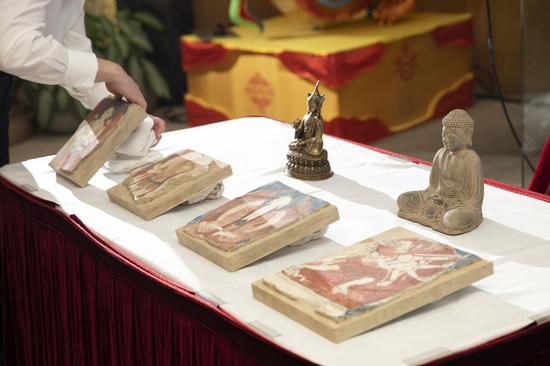
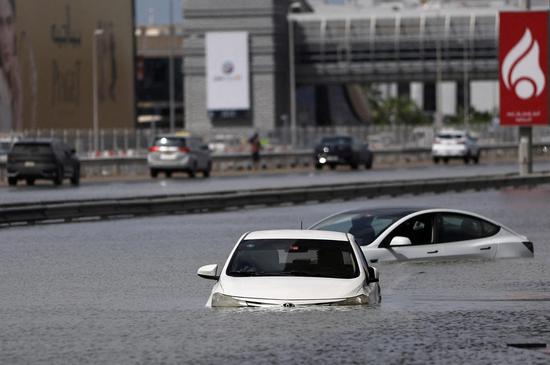

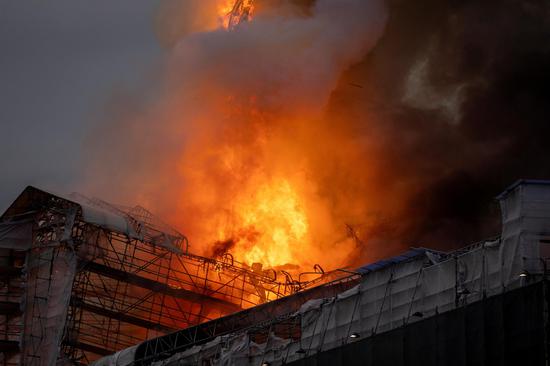
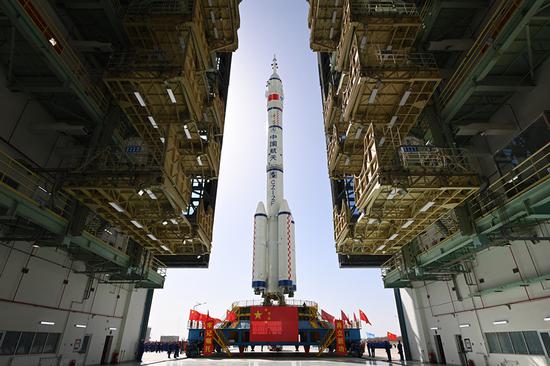

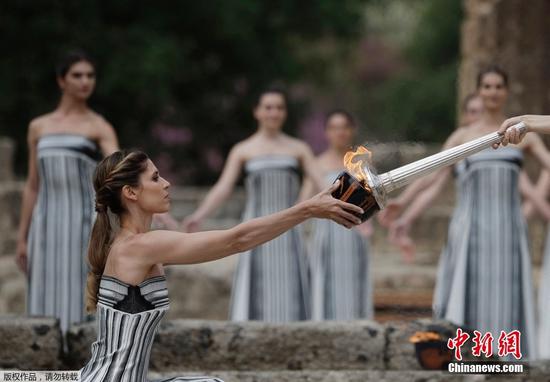

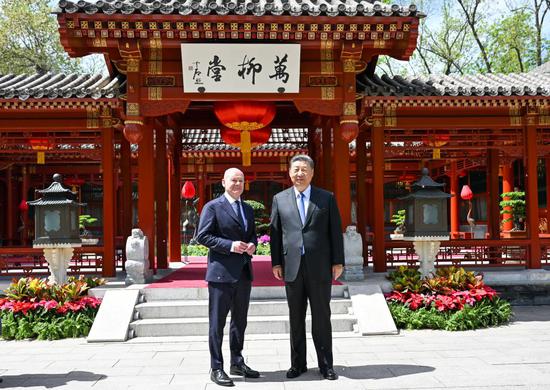


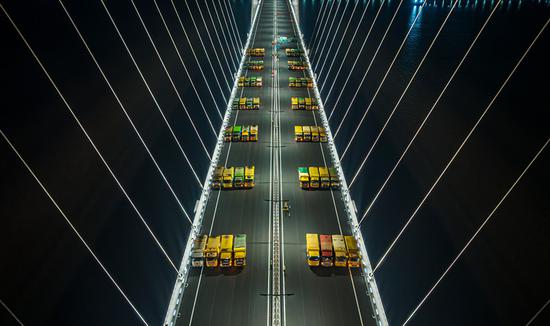

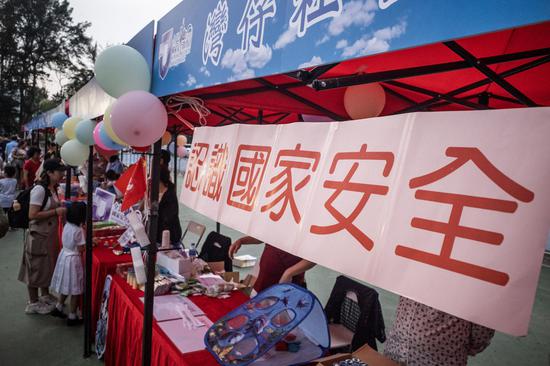

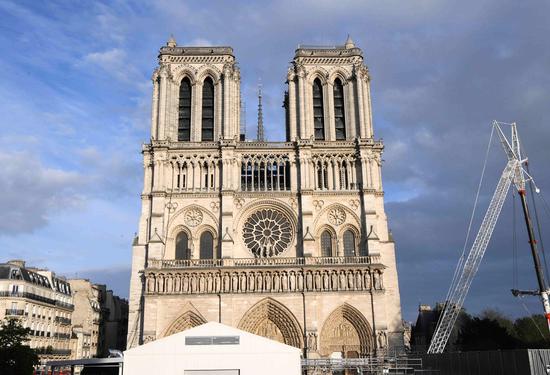

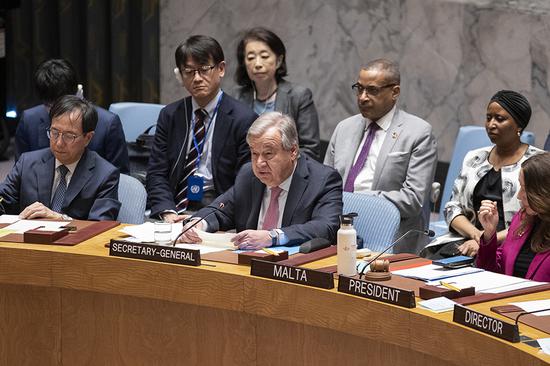
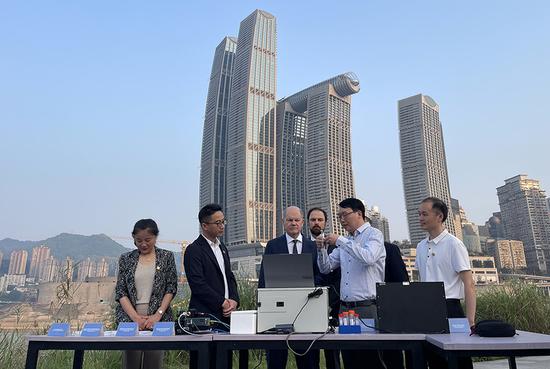


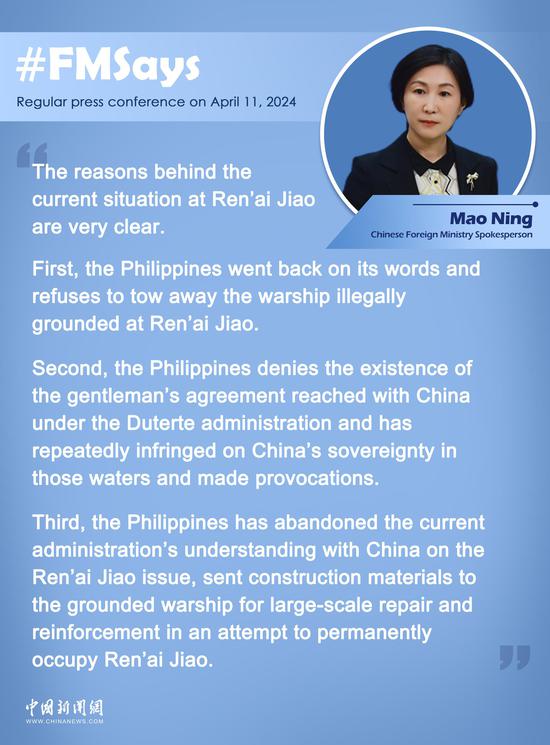
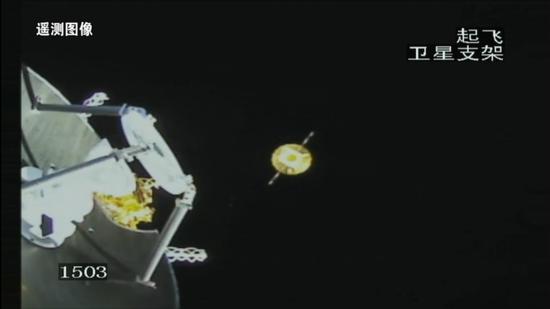
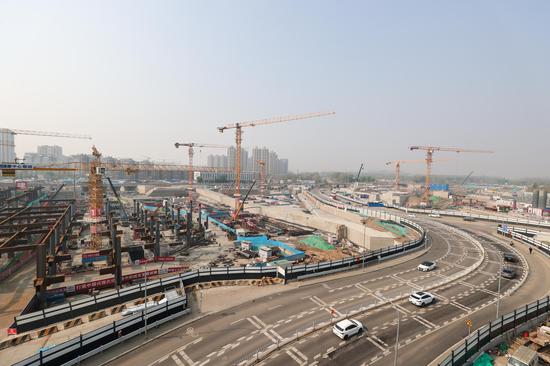


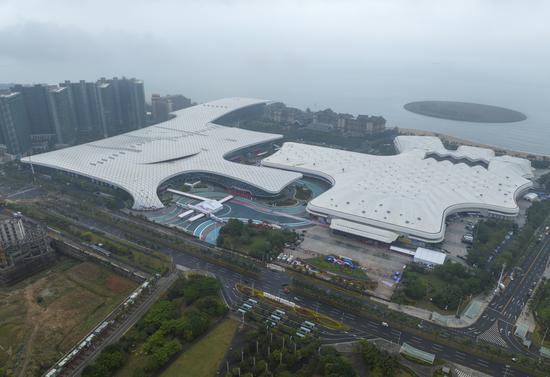
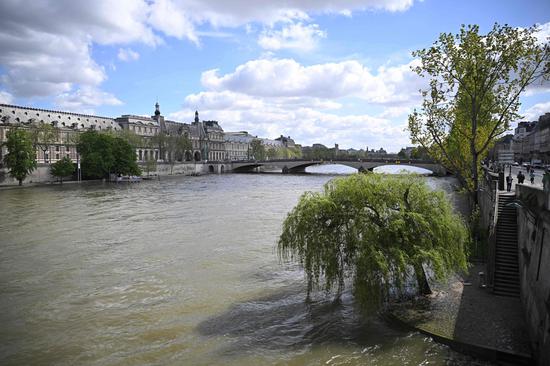

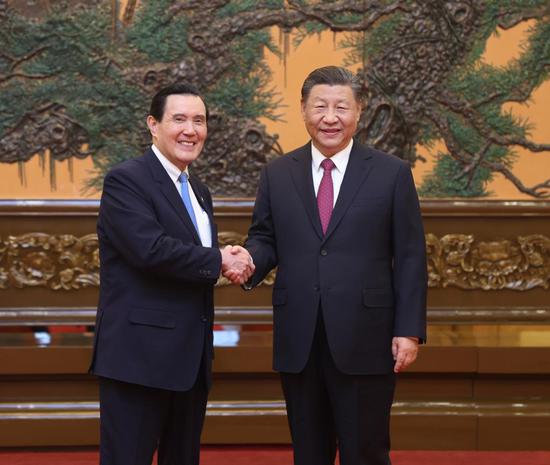

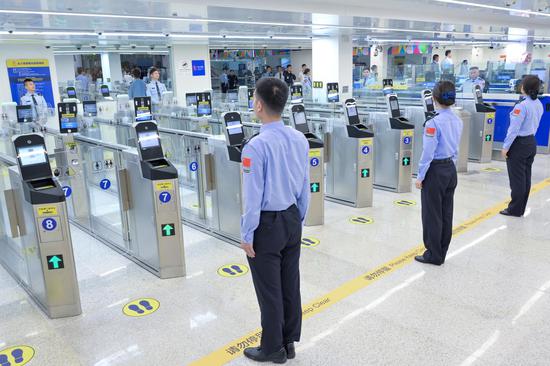
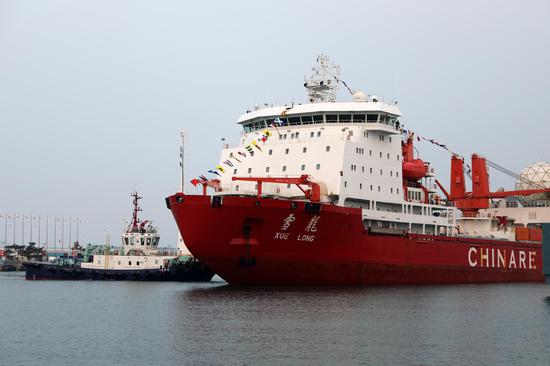



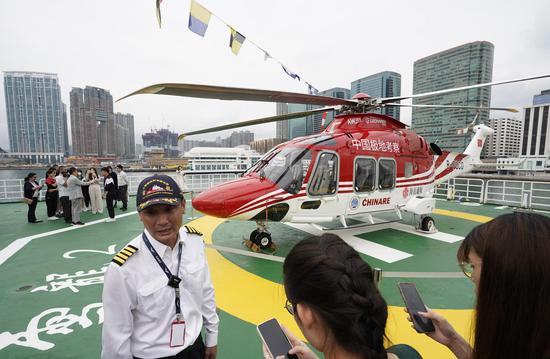



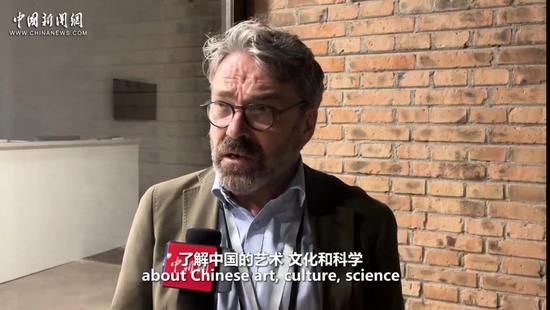

 京公网安备 11010202009201号
京公网安备 11010202009201号